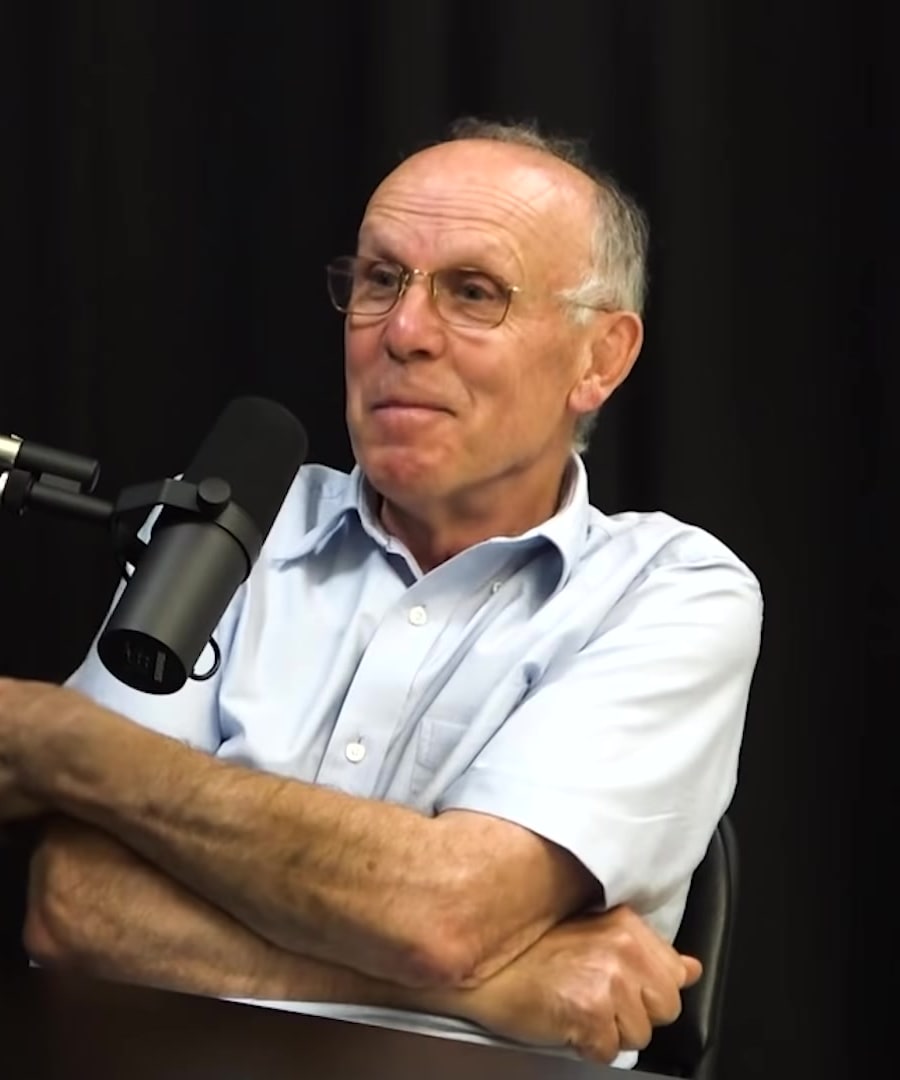How does killing impact humanity?
Sources:
Killing and violence have had profound impacts on humanity, both historically and in contemporary societies.
Richard Wrangham discusses the possibility that there has been evolutionary selection for the enjoyment of killing. He notes that, despite our moral advancements, there may be a deep-seated, genetic potential in humans to derive satisfaction from violence, particularly when viewed in the context of tribalism and dehumanization of outsiders 1. This primal enjoyment can manifest under certain conditions, such as seeing strangers or enemies as threats, thus prompting violent behavior.
Lex Fridman adds that historically, humans have been captivated by violence, often enjoying public executions and other forms of death spectacles. This dark aspect of humanity could emerge even today if similar events were broadcasted, hinting at an underlying attraction to violence within human nature 1.
On the other hand, Ben Shapiro highlights the destructive capacity of human beings on a broader scale, impacting ecosystems and causing suffering to animals. He argues that human activities such as climate change, overpopulation, and factory farming are leading to significant environmental degradation and animal misery 2. This perspective underscores the broader, negative consequences of human actions, which include, but are not limited to, direct violence against other humans or animals.
These insights illuminate the complex and often dualistic nature of humanity's relationship with killing and violence, incorporating both historical tendencies and their modern ramifications.
RELATED QUESTIONS
